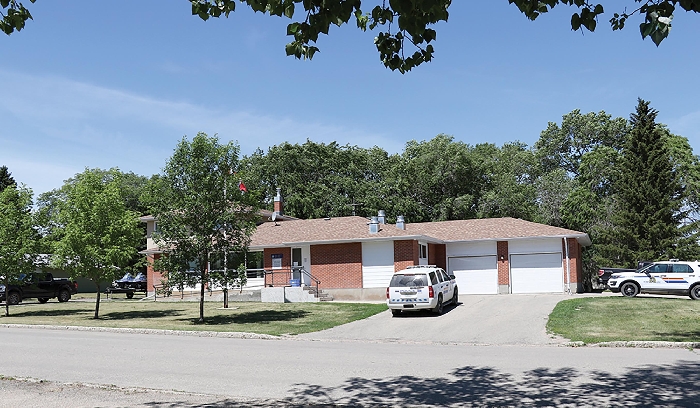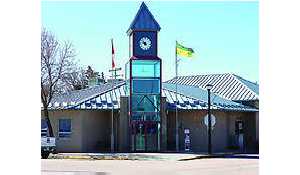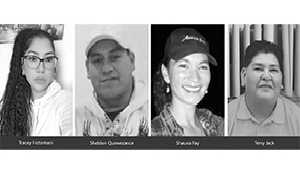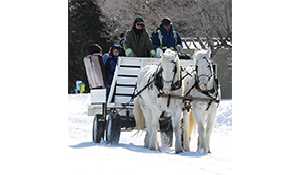RCMP agree to participate in Clare’s Law
Law allows people to find out if intimate partners have been involved in violent or abusive behavior RCMP previously refused to participate, citing federal privacy legislation
April 6, 2021, 1:40 pm
Spencer Kemp, Local Journalism Initiative Reporter


The Saskatchewan RCMP announced that after some delay, they would be taking part in Clare’s Law.
Clare’s Law, also known as the Interpersonal Violence Disclosure Protection Act was adopted in Saskatchewan in 2018. The act allows police to warn people if their partner has a history of violence or abusive behavior. Police services are permitted to share the history of the partner, which can include criminal convictions or police responses to domestic violence complaints.
But the RCMP was unable to take part in the act. Due to Section 8 of the Privacy Act, the RCMP was not permitted to disclose personal information of individuals without their consent.
Relationship Violence Coordinator Constable Joelle Nieman with the Saskatchewan RCMP explains that this is due to the RCMP having to adhere to federal regulations.
“So in the RCMP, we’re a federal institute so we’re bound by federal legislation such as the privacy act. So in this case, the privacy act does not allow for an institution to go ahead and release an individual’s information without their consent. So we had to look at this privacy section and really see what part of the legislation that we can identify was affecting our participation. Through consultation with the Office of the Privacy Commissioner and federal and provincial governments we were able to make a regulatory amendment to the RCMP regulations that now allows us to participate in Clare’s Law,” said Neiman.
“It was a regulatory change and not a legislation change. It is only for the Saskatchewan RCMP.”
She explains that while the Saskatchewan RCMP worked on a solution to take part in Clare’s Law, they provided additional services to ensure the safety of potential victims of domestic violence.
“As the Saskatchewan RCMP, we felt that it was extremely important that we were able to put policy and procedure in place in the interim prior to us getting this regulation change so that we could address and deal with any sort of Clare’s Law requests coming in.
“We weren’t able to participate fully in the process but we did have our own processes in place to safeguard potential victims.
“We had safeguards in place to ensure that these people could receive information from other agencies as well as be better informed about how to make appropriate decisions about their safety.”
Nieman says that with Clare’s Law, members of the public can request information about their partner at any police station now that the RCMP is able to disclose personal information for Clare’s Law.
“The process is called ‘The Right to Ask’ and that is triggered when a potential victim of interpersonal violence attends to the RCMP detachment and requests risk-related information. This ‘Right to Ask’ application can also be triggered by a third party so this would be a person that has personal knowledge of the person at risk relationship and is seeking the information to safeguard that person.
“It’s as easy as going to any RCMP detachment or any municipal police agency.”
“Once it’s in place, there’s a protocol so that if someone was interested in getting information on a partner, potential partner, or former partner there is a process they can go through to get an application to get that information.
“There’s a risk assessment that is done by the committee then ultimately the information is provided to the individual. It wasn’t difficult bringing it forward, as I mentioned before we have one of the highest rates of interpersonal violence in the country, so anything we can do as a province in conjunction with our partners and stakeholders is very important so this was one of those steps.”



































